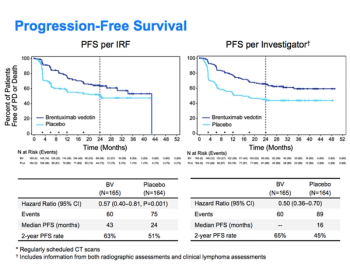
This slide show features some of the top highlights on immunotherapies and other new agents in leukemia and lymphoma from the 2014 ASH Meeting.

Your AI-Trained Oncology Knowledge Connection!


This slide show features some of the top highlights on immunotherapies and other new agents in leukemia and lymphoma from the 2014 ASH Meeting.

The PD-1 inhibitor pembrolizumab showed activity and had an acceptable safety profile in heavily pretreated metastatic triple-negative breast cancer patients.

Results of a phase II study of a PI3K inhibitor in ER-positive breast cancer showed a trend toward improved progression-free survival.
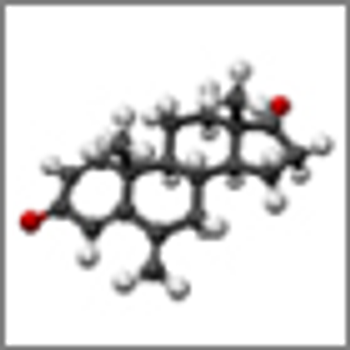
Early-stage premenopausal ER-positive breast cancer patients who have received chemotherapy benefited from ovarian suppression with tamoxifen or exemestane.

Two studies presented at the 2014 ASH Meeting addressed whether an interim PET scan during and after an initial therapy can help guide treatment.
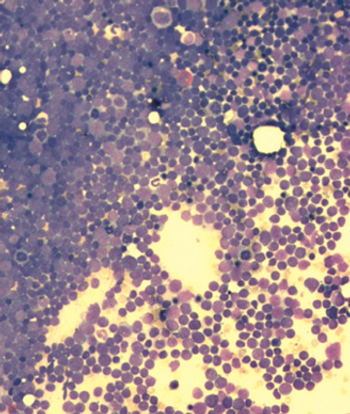
A single cycle of blinatumomab resulted in complete minimal residual disease response in 78% of patients with acute lymphoblastic leukemia.
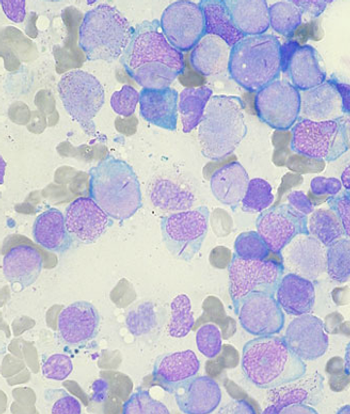
An oral inhibitor of isocitrate dehydrogenase 2 (IDH2), AG-221, has shown activity and potentially durable remissions in patients with acute myeloid leukemia.
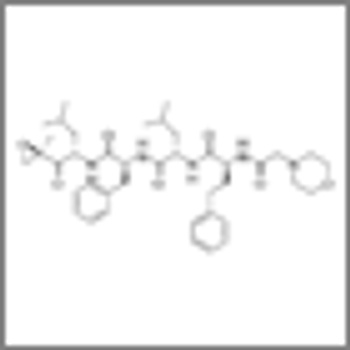
Adding carfilzomib to lenalidomide and dexamethasone resulted in a higher PFS and better overall quality of life for relapsed multiple myeloma patients.

The anti–PD-1 (programmed death 1) antibody nivolumab has shown activity in patients with hematologic cancers who have failed three or more prior therapies.
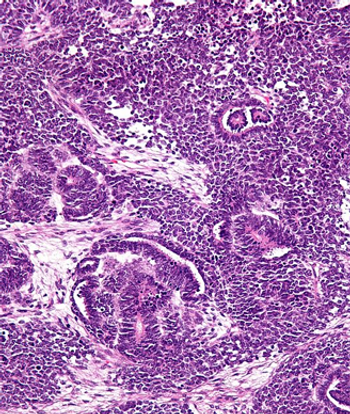
Children treated for Wilms tumor, a rare kidney cancer, with chest radiation may be at a higher risk for developing breast cancer in adulthood.

Adopting a combination of five healthy behaviors is linked to a reduction in the risk of developing colorectal cancer, according to the results of a study.

Higher levels of triglycerides and cholesterol in the blood may signal an increased risk of recurrence for men with prostate cancer.

Using tobacco is linked to an increased risk of infection with oral HPV type 16, a sexually transmitted virus known to cause cancers of the mouth and throat.
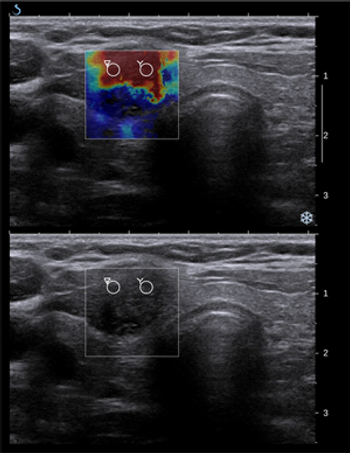
Researchers have uncovered two mutations in thyroid tumors that make the tumor either very sensitive to treatment with everolimus, or confers resistance.

A new human papillomavirus (HPV) vaccine that protects against nine types of HPV and would protect against about 90% of cervical cancers could be available in 2015.

A 35-year study of males in Sweden found a link between obesity and inflammation during adolescence and a risk for colorectal cancer in adulthood.
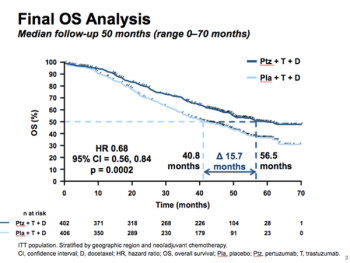
This slide show features some of the top highlights on breast, prostate, and lung cancers to come out of the European Society for Medical Oncology 2014 Congress.
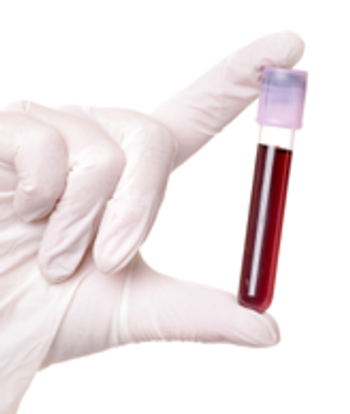
In a recent study, researchers found that certain amino acids in the blood were associated with a twofold increased risk of a pancreatic cancer diagnosis.

A large study bolsters the evidence that black women who breastfeed have a lower risk of being diagnosed with ER- and triple-negative breast cancer.

A new study found that in cancer patients who smoke, e-cigarette users had greater nicotine dependence, compared to smokers of traditional cigarettes.

A large trial found that men with moderate baldness at age 45 had an increased risk of developing aggressive prostate cancer compared with men with no baldness.
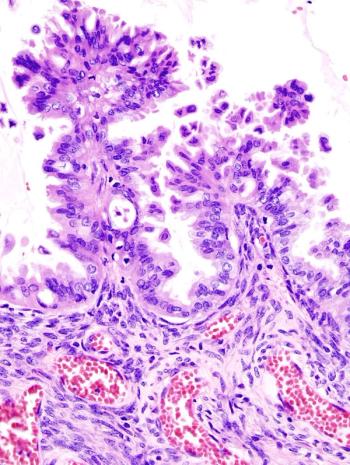
Maintenance therapy with pazopanib improved progression-free survival by 5.6 months in advanced ovarian cancer patients, according to results of a new study.
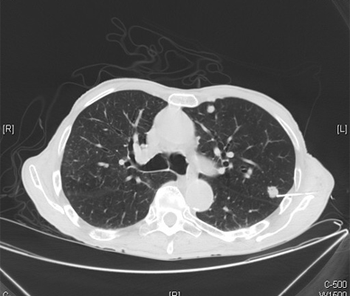
A new study found that the androgen receptor splice variant 7 is associated with resistance to two therapies for metastatic castration-resistant prostate cancer.
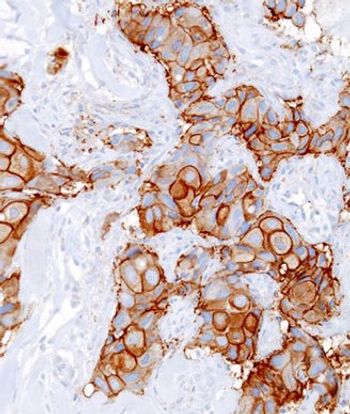
HER2-positive breast cancer patients treated with targeted therapy and chemo were less likely to have a pathologic complete response if they had a PIK3CA mutation.

An increased number of women are opting for a bilateral mastectomy after being diagnosed with early-stage breast cancer, according to the results of a new study.
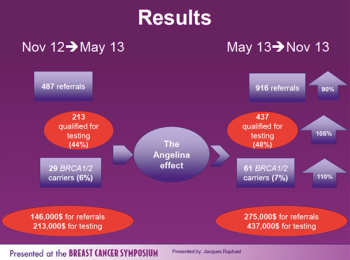
This slide show includes some of the highlights from the 2014 ASCO Breast Cancer Symposium, including an increase in BRCA testing, the Angelina Jolie effect, how to boost screening rates, a link between BRCA mutations and triple-negative disease, and more.

The American Society of Clinical Oncology and Cancer Care Ontario released joint guidelines for treating metastatic castration-resistant prostate cancer.
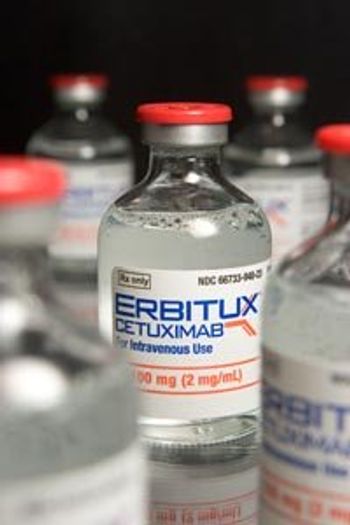
Adding cetuximab (Erbitux) to the standard first-line FOLFIRI chemotherapy regimen results in longer overall survival in metastatic colorectal cancer patients.

Men who increased their consumption of fruits and vegetables-tomato products in particular-had a lower overall risk of prostate cancer, according to a new study.

The American Society of Clinical Oncology updated its clinical guidelines on targeted therapy and chemotherapy for the treatment of HER2-negative breast cancer.